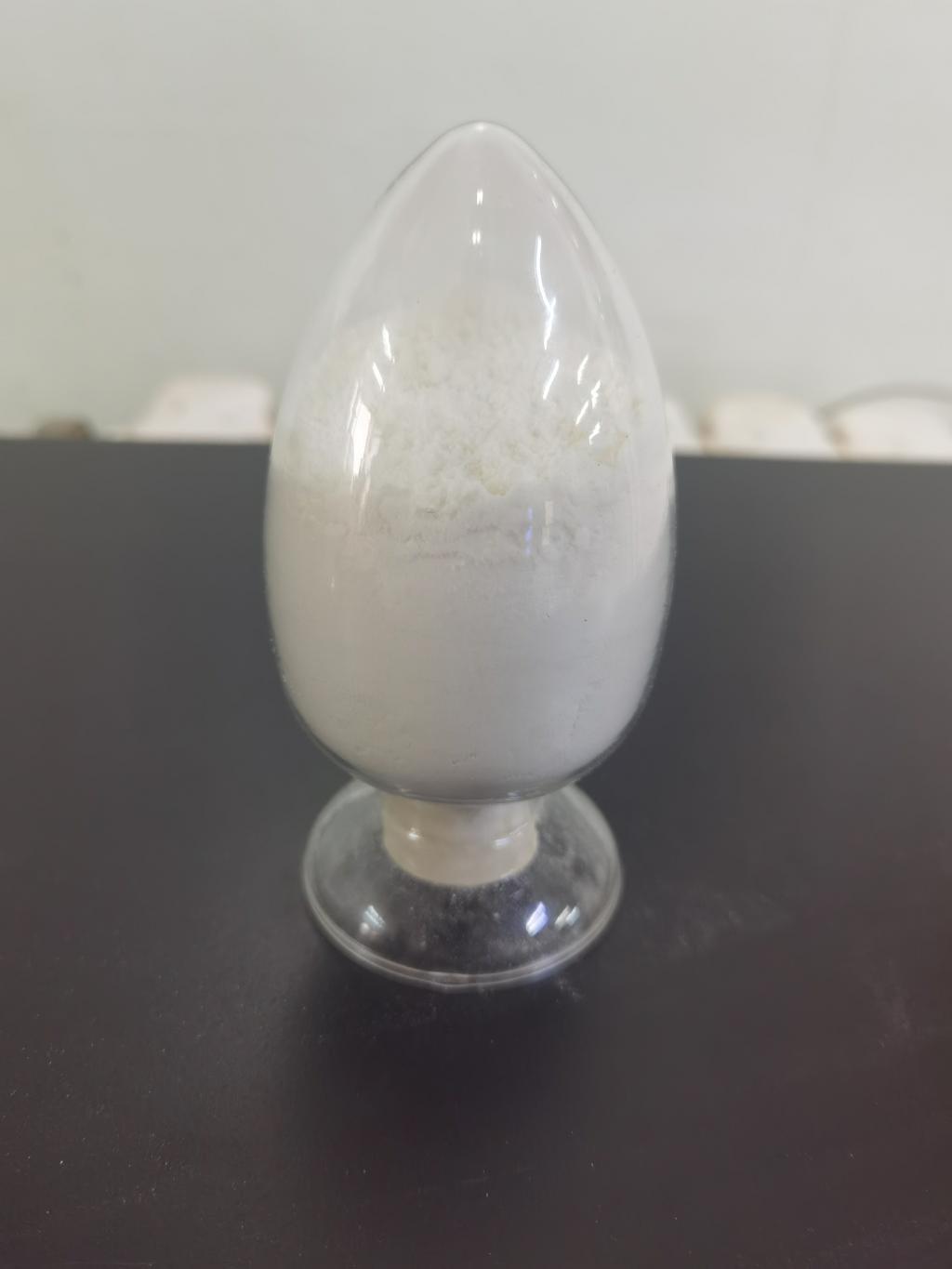Tel:+8618231198596

News
 CONTACT
CONTACT
 CONTACT
CONTACT
- Linkman:Linda Yao
- Tel: +8618231198596
- Email:linda.yao@dcpharma.cn
- Linkman:CHARLES.WANG
- Department:Overseas
- Tel: 0086 0311-85537378 0086 0311-85539701
News
ε-Polylysine Hydrochloride in Precision Medicine: Targeting Disease at the Molecular Level
TIME:2024-02-26
Introduction:
Precision medicine, also known as personalized medicine, involves tailoring medical treatment and interventions to the individual characteristics of patients. This approach recognizes that each person is unique, with distinct genetic, environmental, and lifestyle factors influencing their health. ε-Polylysine Hydrochloride, known for its antimicrobial properties, emerges as a potential tool in precision medicine, offering targeted solutions at the molecular level to address diseases more effectively.
Overview of ε-Polylysine Hydrochloride:
a. Source and Production:
ε-Polylysine is a cationic homopolymer of lysine produced by microbial fermentation. The hydrochloride salt form, ε-Polylysine Hydrochloride, is water-soluble and has been recognized as a safe food additive.
b. Antimicrobial Properties:
One of the key characteristics of ε-Polylysine Hydrochloride is its broad-spectrum antimicrobial activity against bacteria and fungi. This property is attributed to its ability to disrupt microbial cell membranes, making it a potential agent for precision medicine applications.
Antimicrobial Applications in Precision Medicine:
a. Infection Control:
In precision medicine, controlling infections at the molecular level is crucial, especially for individuals with compromised immune systems. ε-Polylysine Hydrochloride's antimicrobial properties can be harnessed to develop targeted therapies for preventing and treating infections, minimizing the risk of complications.
b. Personalized Antibacterial Treatments:
The diverse antimicrobial activity of ε-Polylysine Hydrochloride allows for personalized antibacterial treatments tailored to the specific pathogens affecting individual patients. This precision in targeting microbes contributes to more effective and personalized therapeutic interventions.
Drug Delivery Systems:
a. Incorporation into Nanoparticles:
The unique properties of ε-Polylysine Hydrochloride make it suitable for incorporation into nanoparticle drug delivery systems. These nanoparticles can be engineered to encapsulate therapeutic agents, allowing for targeted and controlled drug release at the molecular level.
b. Targeting Specific Cells or Tissues:
Precision medicine often involves targeting specific cells or tissues affected by diseases. By integrating ε-Polylysine Hydrochloride into drug delivery systems, it becomes possible to enhance the specificity of therapeutic agents, minimizing side effects and improving overall treatment outcomes.
Diagnostic Applications:
a. Imaging Agents:
ε-Polylysine Hydrochloride can be explored as a potential imaging agent for diagnostic purposes. Its ability to interact with cellular structures could be utilized in imaging technologies to detect and visualize specific molecular markers associated with diseases.
b. Biosensors:
The antimicrobial properties of ε-Polylysine Hydrochloride can be leveraged in the development of biosensors for molecular diagnostics. These biosensors could provide rapid and specific detection of disease markers, aiding in early diagnosis and intervention.
Challenges and Considerations:
a. Biocompatibility:
Ensuring the biocompatibility of ε-Polylysine Hydrochloride is essential for its successful integration into precision medicine applications. Research efforts should focus on evaluating its interactions with biological systems to address potential concerns related to toxicity or immune responses.
b. Optimization of Formulations:
Precision medicine demands precise dosage control and targeted delivery. Optimizing formulations of ε-Polylysine Hydrochloride-based therapies and drug delivery systems is crucial to achieving the desired therapeutic outcomes with minimal adverse effects.
Future Perspectives:
The integration of ε-Polylysine Hydrochloride into precision medicine opens avenues for further research and innovation. Future studies should focus on refining its applications, exploring synergies with other therapeutic agents, and conducting clinical trials to assess its safety and efficacy in diverse precision medicine contexts.
Conclusion:
ε-Polylysine Hydrochloride, with its antimicrobial properties, holds promise in advancing precision medicine by targeting diseases at the molecular level. From personalized antibacterial treatments to drug delivery systems and diagnostic applications, the potential applications of ε-Polylysine Hydrochloride in precision medicine are diverse and promising. As researchers and healthcare professionals continue to explore the possibilities of precision medicine, collaborative efforts are crucial to unlock the full potential of ε-Polylysine Hydrochloride in revolutionizing targeted therapeutic interventions and diagnostics for individualized patient care.
- Tel:+8618231198596
- Whatsapp:18231198596
- Chat With Skype







